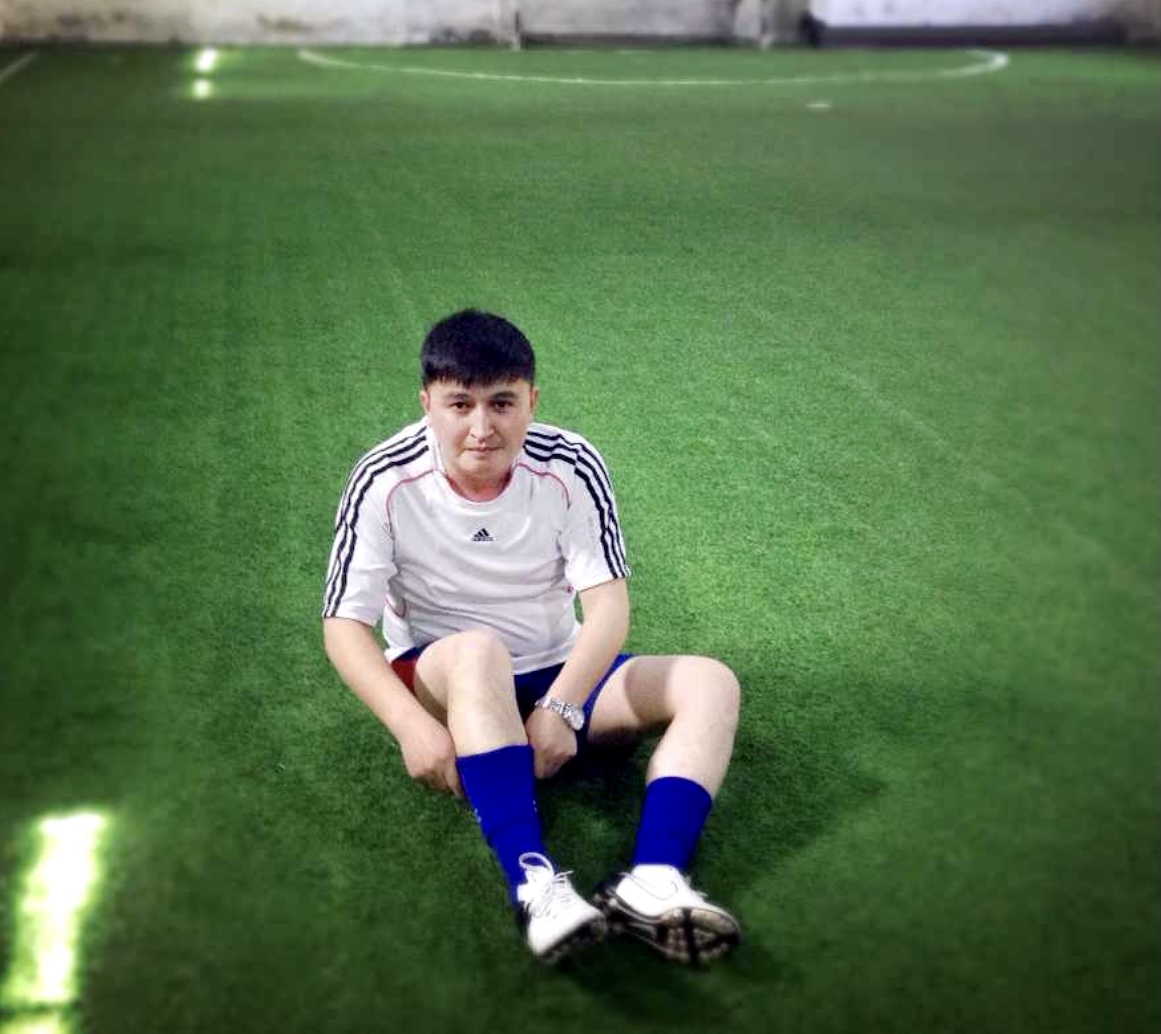
Courtesy of Rayhan Asat
The first time I ever shared my tortuous journey to pursue justice for my brother Ekpar Asat in a public and in-person forum was at Harvard Law School on March 9, 2020. That day changed the course of my life, as I launched a public advocacy campaign to secure Ekpar’s freedom from the Chinese government’s racist and genocidal concentration camps. For at least five years, China has placed millions of Uyghurs and other Turkic people in prison camps where torture, slavery and political indoctrination are the norms. I learned that since January 2019, my brother has been and continues to be held in the torture of indefinite solitary confinement.
Almost a year and a half later, I came to Yale as a World Fellow at the Jackson Institute for Global Affairs to fight for my brother and people like him. Upon my arrival, I led a human rights workshop on the fight for justice for Uyghur people. I took the audience on a journey, describing what it was like for me to witness Uyghur community life before and after the camps, which are forced labor factories. Then I told them the story of Ekpar. The screen displayed a picture of a man surrounded by hundreds of people carrying his photo with a sign that demands “Free Ekpar.” My voice was shaking as I uttered, “The man on the screen is my brother….”
The Chinese government has a singular notion of what a model citizen looks like. My brother and I tried to conform to that notion by excelling in every way that we could –– he became a successful tech entrepreneur and I became a lawyer and diplomatic bridge builder. But, after returning to China from a prestigious U.S. State Department fellowship, Epkar disappeared into the shadows of concentration camps. Imagine if a Yale student on a Fulbright scholarship disappeared after returning to their country? I ask myself: if put in that situation, would Yalies protest for their fellow student or feel powerless against an authoritarian government?
From strolling with climate activists on the beautiful Cross Campus rose walk, learning from new perspectives in classroom discussions and exchanging ideas in one-on-one meetings with students, I am fascinated by the wealth of experience and commitment to positive change in the Yale community. I am heartened that many students are aware of the plight of Uyghurs and, at the same time, disheartened that many feel nothing can be done against China’s totalitarian government. When I discuss the oppression of Uyghurs, my peers say: “What can be done? It’s the Chinese government. The Chinese government is too powerful. But I’m so delighted that you’re positive about an incredibly helpless situation.”
Yalies seem to forget the privileges they have by virtue of their affiliation with the University, and they seem to forget the responsibility that comes with that affiliation. Yale has produced five U.S. presidents and leaders of countless influential NGOs, newsrooms and corporations. Here, we are given the opportunity to seek the truth, learn from the best and shape the world. And while we are surrounded by breathtakingly beautiful architecture, engaging in stimulating discussions, challenging professors as free-thinkers and enjoying New Haven’s best pizzerias, many people in other corners of the world are fighting for their freedom and dignity. Thus, we must use our privilege to help the voiceless and oppressed, and that includes Uyghurs in the far reaches of China.
Yale is home to children of Chinese political elites and has close relationships with several Chinese universities. Therefore, the University must use its leverage to both refuse to accept tuition and donations from the Chinese officials involved in the genocide and also demand that the Chinese government free my brother Ekpar and other innocent Uyghurs suffering in the camps. Second, no Yale affiliate or researcher should be involved in the repression against the Uyghurs. Third, Yale students must demand that the University divests from entities that are enabling this genocide. And finally, we should march as a University-wide community in support of Uyghur freedom. Such solidarity sends a strong message to China that the Yale community will not remain bystanders to genocide. Yalies, we should not allow China to continue running dehumanizing and racist prison camps.
In an extraordinary show of unanimity in January 2021, more than 70 Harvard student organizations rallied around me to call on the Chinese government to free my brother. Yale can do the same.
I am at Yale on a mission to achieve a better world where no person is oppressed because of their race, but I cannot achieve this mission without the support of the Yale Community. So Yalies, join me and let’s fight against racism, segregation, dehumanization and genocide. Let’s fight for Uyghur freedom.
Rayhan Asat is a Yale University World Fellow. Contact her at rayhan.asat@yale.edu.







